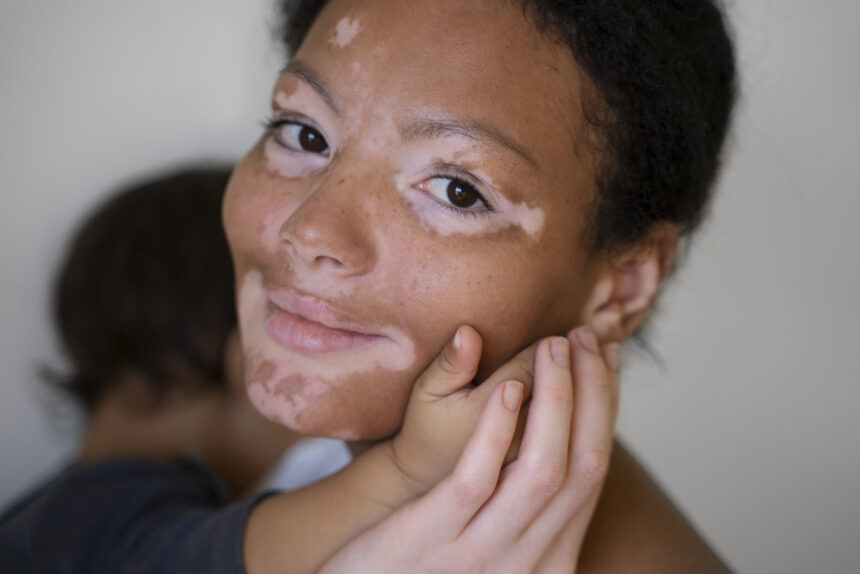Preventing and Managing Skin Conditions in South Africa
Maintaining healthy skin is important for overall well-being, and in a country like South Africa with diverse climates and environmental factors, it is crucial to take proactive steps to prevent and manage skin conditions. The skin is the largest organ of the body and serves as a protective barrier against external elements. Here are some key tips for preventing and managing skin conditions in South Africa:
- Protect Your Skin from the Sun: South Africa is known for its abundant sunshine, but excessive sun exposure can damage the skin and increase the risk of skin cancer. Protect your skin by wearing protective clothing, such as wide-brimmed hats, long-sleeved shirts, and sunglasses. Apply a broad-spectrum sunscreen with an SPF of 30 or higher to exposed skin, and reapply every two hours or after sweating or swimming.
- Practice Good Hygiene: Maintaining good hygiene is essential for preventing skin infections. Take regular showers or baths using mild, gentle cleansers. Avoid hot water and harsh soaps that can strip the skin of its natural oils. Pat your skin dry gently with a towel after bathing and moisturize to lock in moisture.
- Moisturize Regularly: Dry skin is common in South Africa, particularly in dry climates or during colder months. Moisturize your skin daily to keep it hydrated and prevent dryness, itching, and flaking. Choose a moisturizer that suits your skin type and apply it after bathing or washing your face.
- Stay Hydrated: Drinking an adequate amount of water is important for maintaining healthy skin. Proper hydration helps keep the skin cells plump, improves elasticity, and promotes a healthy complexion. Aim to drink at least 8 glasses of water per day, or more if you are physically active or in hot climates.
- Follow a Healthy Diet: A nutritious diet plays a vital role in maintaining healthy skin. Include a variety of fruits, vegetables, whole grains, lean proteins, and healthy fats in your meals. Antioxidant-rich foods, such as berries, leafy greens, and nuts, can help protect the skin against damage from free radicals. Avoid excessive consumption of sugary and processed foods, as they can contribute to skin inflammation and acne.
- Practice Sun Safety: Aside from sun protection, it is important to take other precautions when spending time outdoors. Seek shade during the hottest parts of the day, usually between 10 a.m. and 4 p.m. Wear protective clothing and accessories to minimize direct exposure to the sun. Remember that sunburns and excessive sun exposure can lead to long-term skin damage and increase the risk of skin cancer.
- Avoid Smoking and Limit Alcohol Consumption: Smoking and excessive alcohol consumption can have detrimental effects on the skin. Smoking narrows the blood vessels in the outermost layers of the skin, reducing blood flow and depleting the skin of oxygen and vital nutrients. Alcohol can dehydrate the skin and contribute to skin conditions such as rosacea and acne. Quit smoking and limit alcohol intake for healthier skin.
- Manage Stress: Stress can worsen existing skin conditions or contribute to the development of new ones. Practice stress management techniques such as exercise, deep breathing, meditation, or engaging in hobbies and activities that you enjoy. Taking care of your mental well-being can have positive effects on your skin health.
- Seek Professional Help: If you have persistent or severe skin conditions, it is important to seek professional help from a dermatologist. They can provide an accurate diagnosis, recommend appropriate treatments, and offer personalized skincare advice based on your specific needs.
- Be Gentle with Your Skin: Avoid harsh scrubbing or excessive exfoliation, as it can irritate the skin and disrupt the natural barrier. Use gentle skincare products suitable for your skin type and avoid using too many products at once, as they can potentially cause skin irritation or allergies.
By incorporating these preventive measures into your daily routine and seeking professional help when needed, you can effectively prevent and manage skin conditions in South Africa. Remember that each person’s skin is unique, so it is important to listen to your skin’s needs and adjust your skincare routine accordingly.










